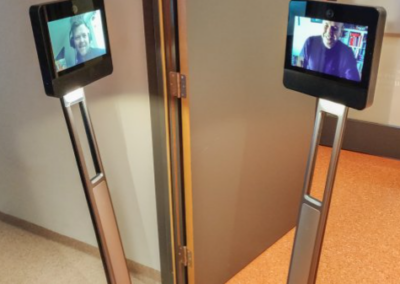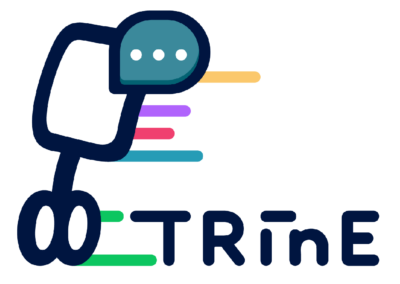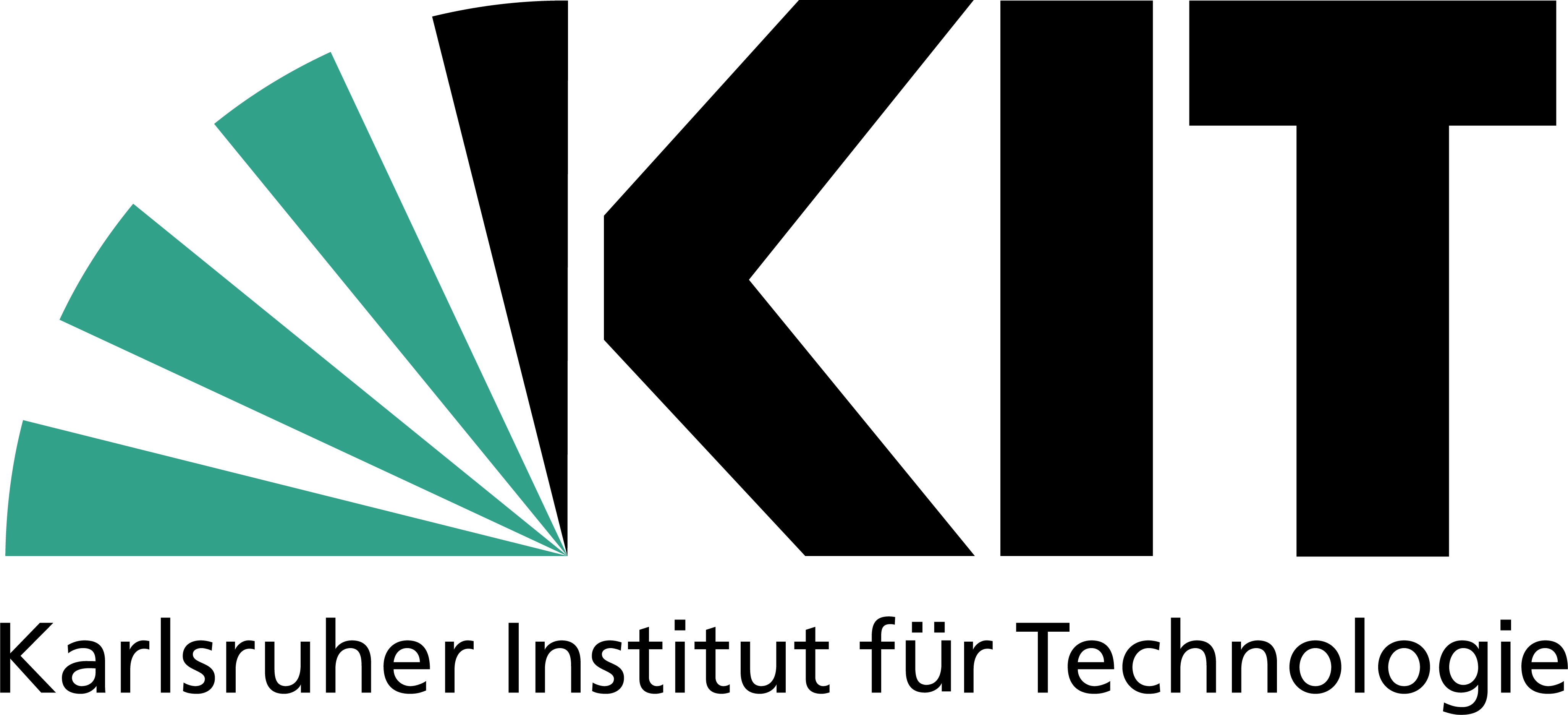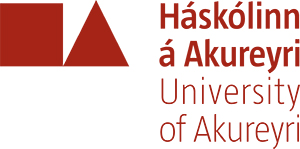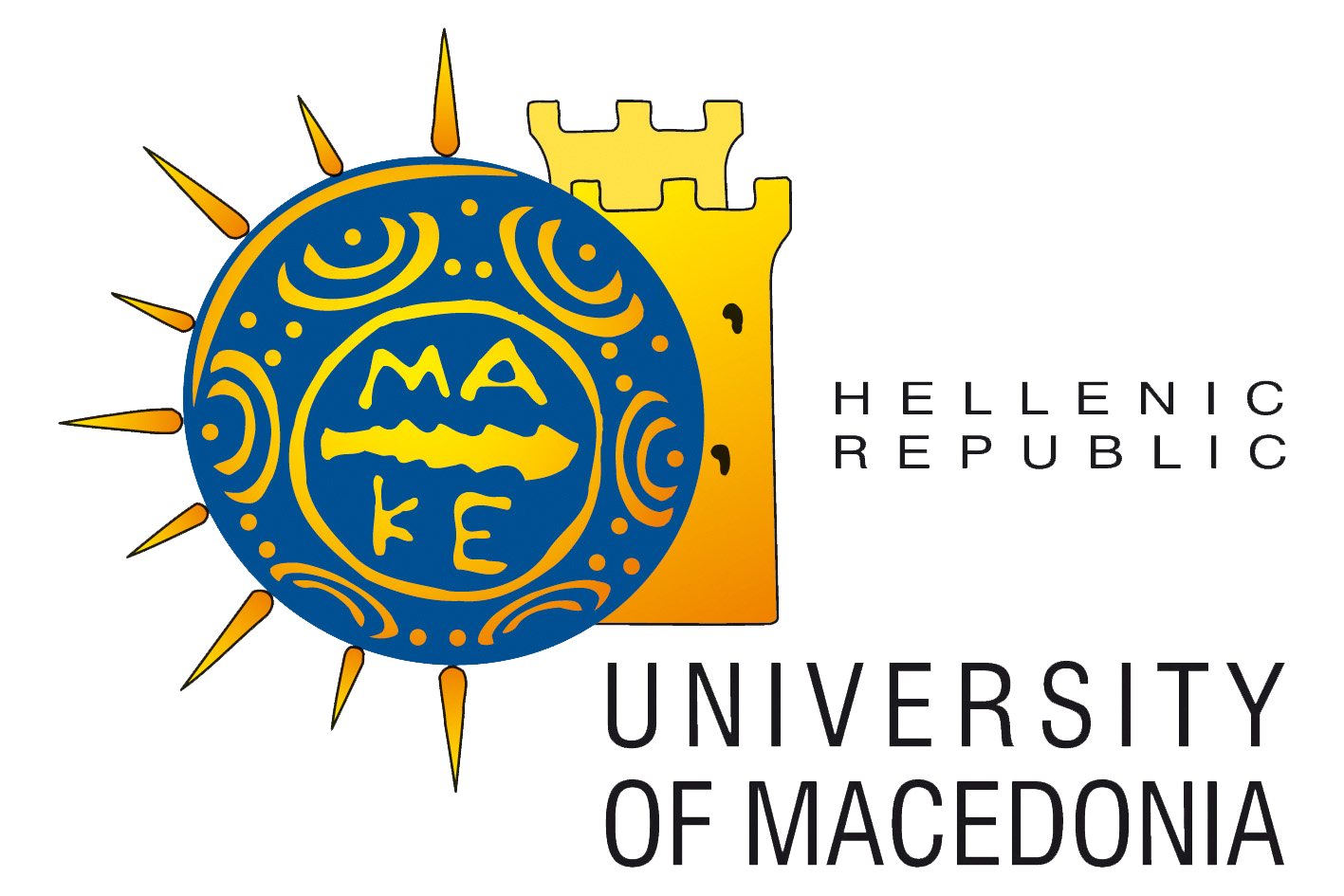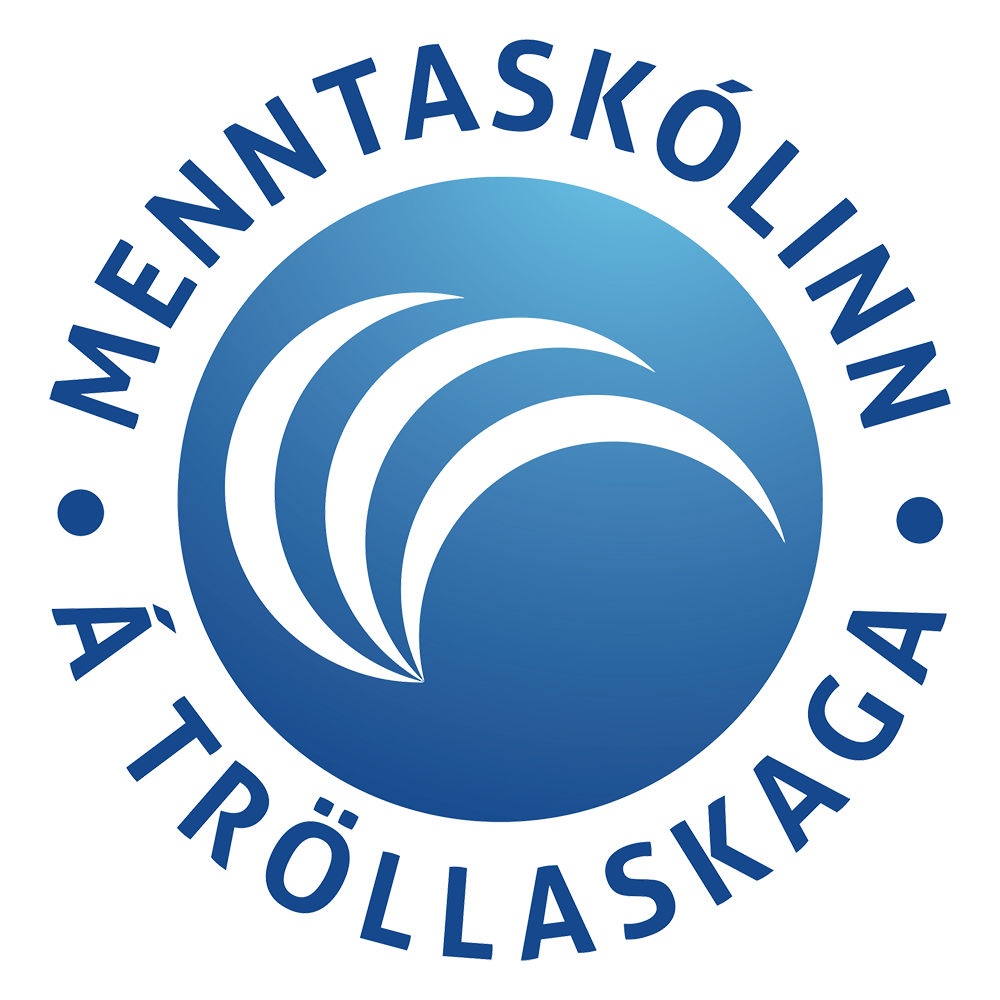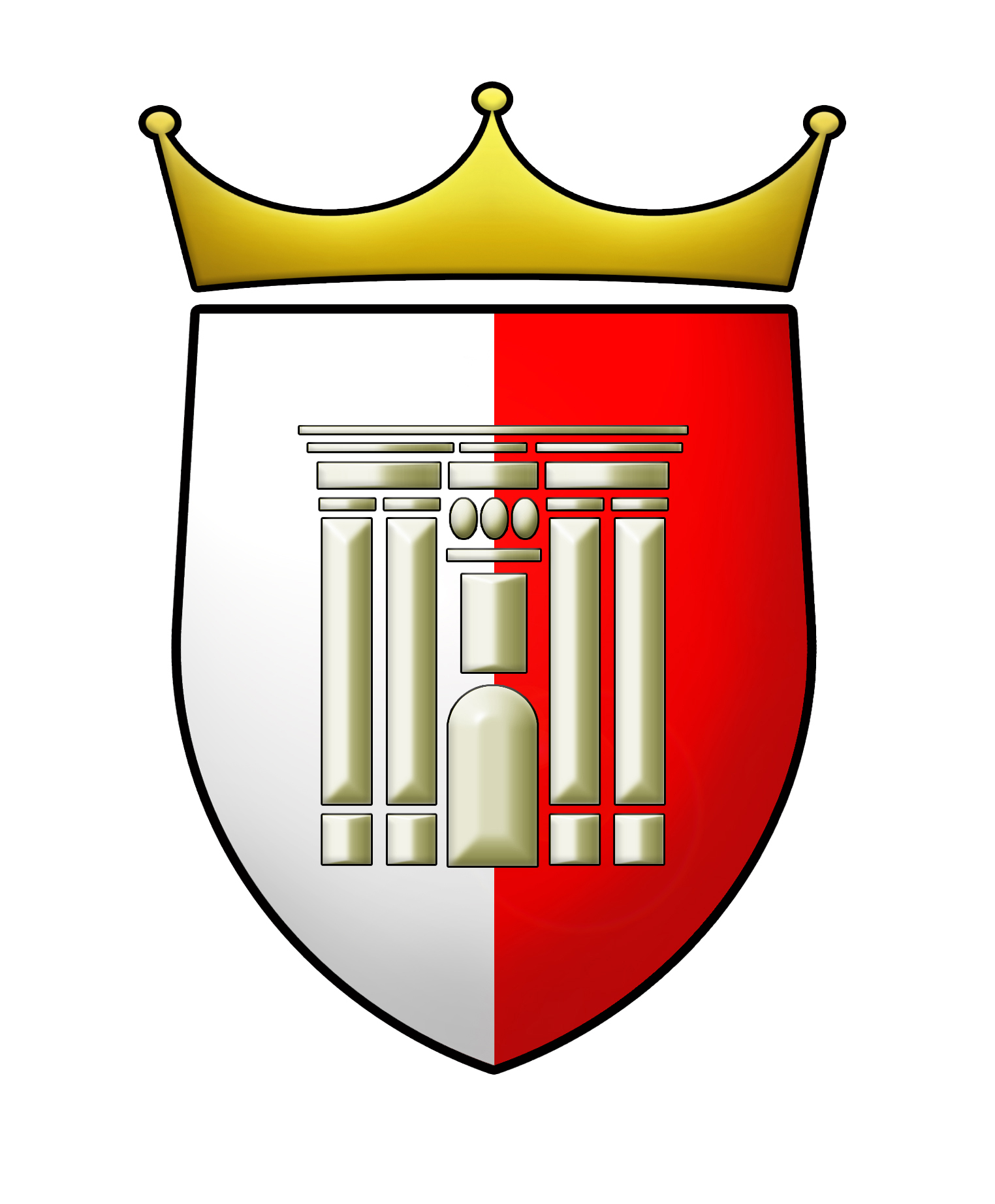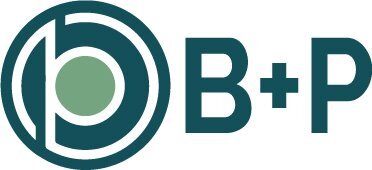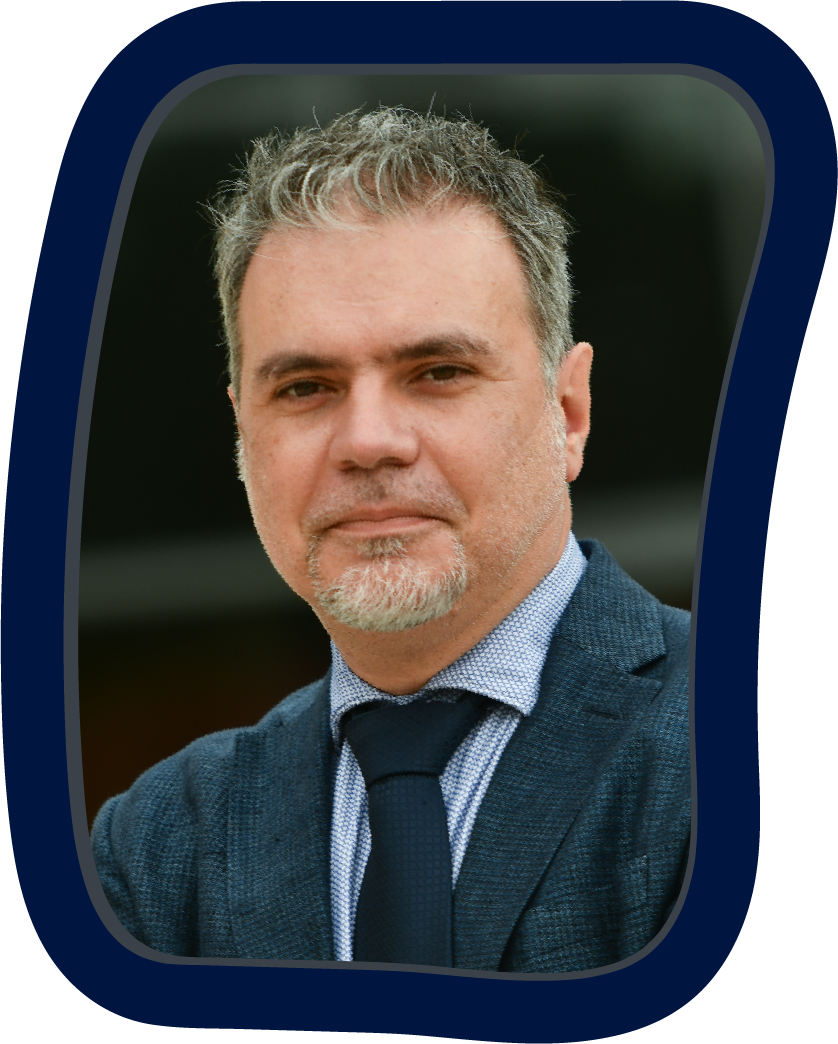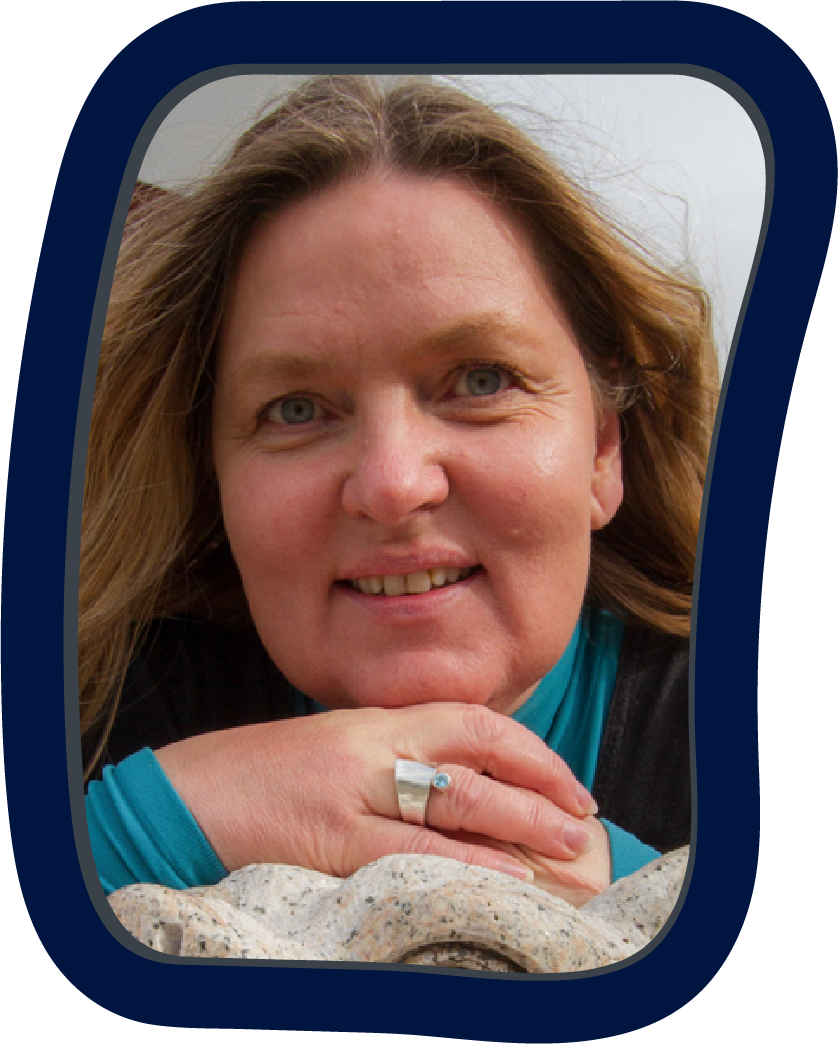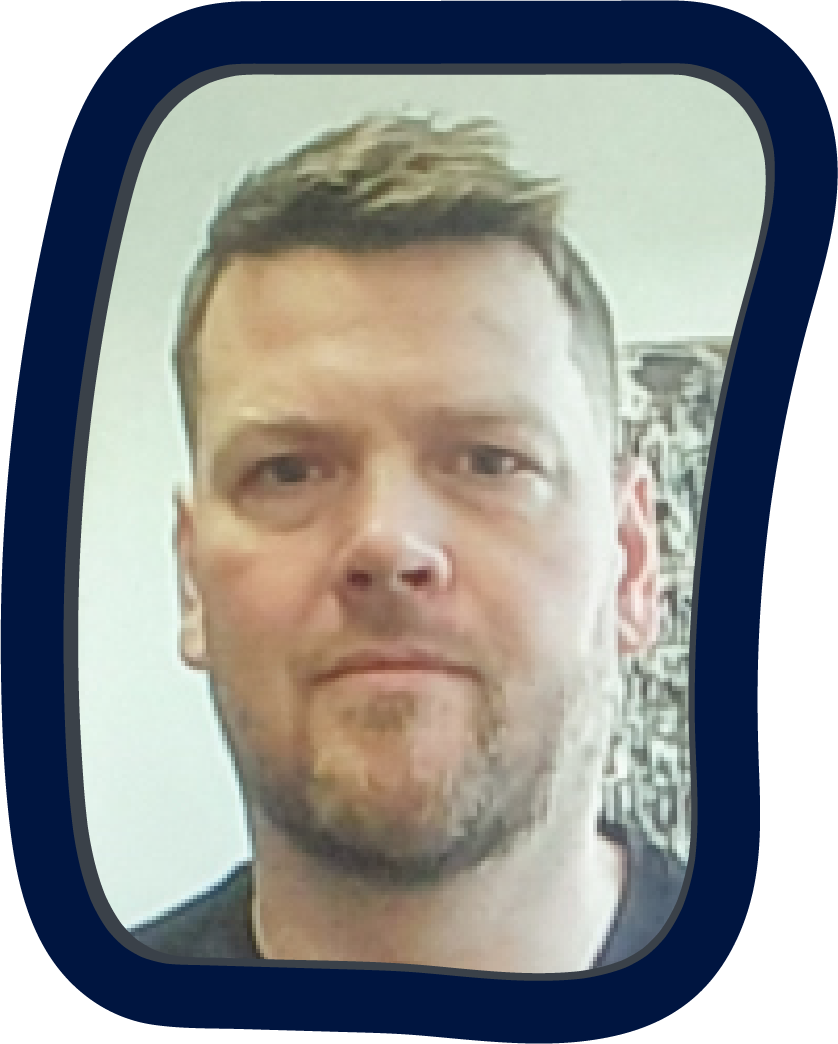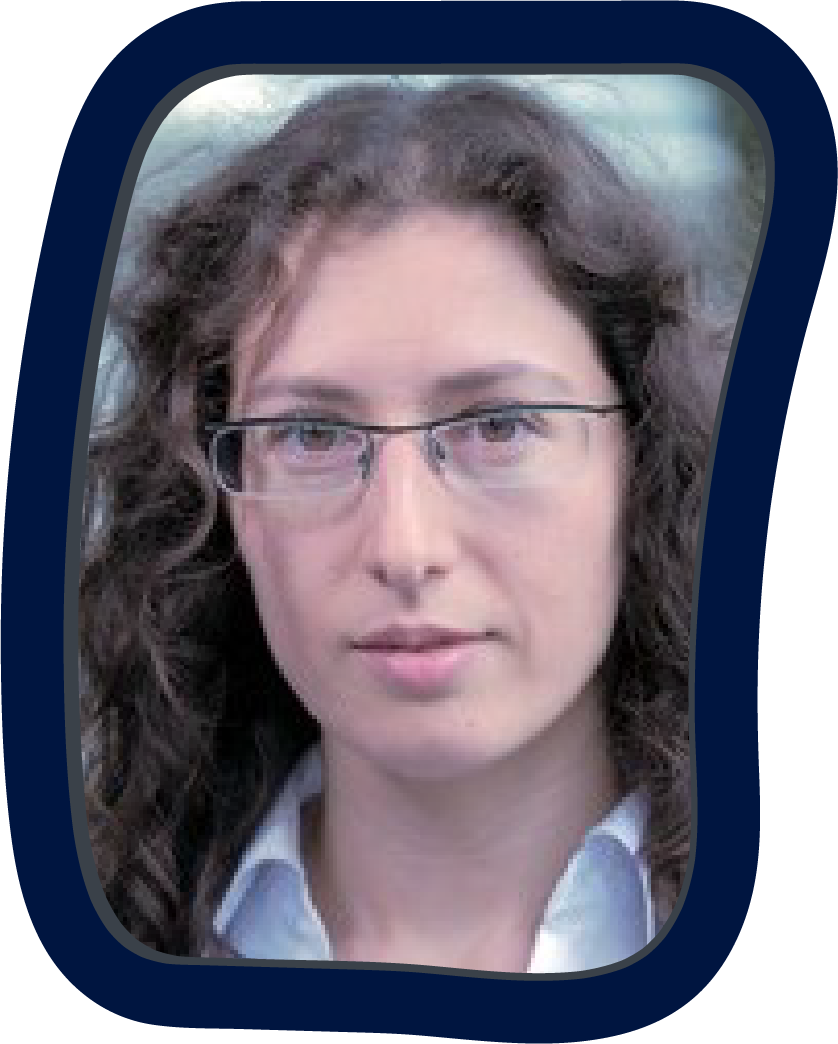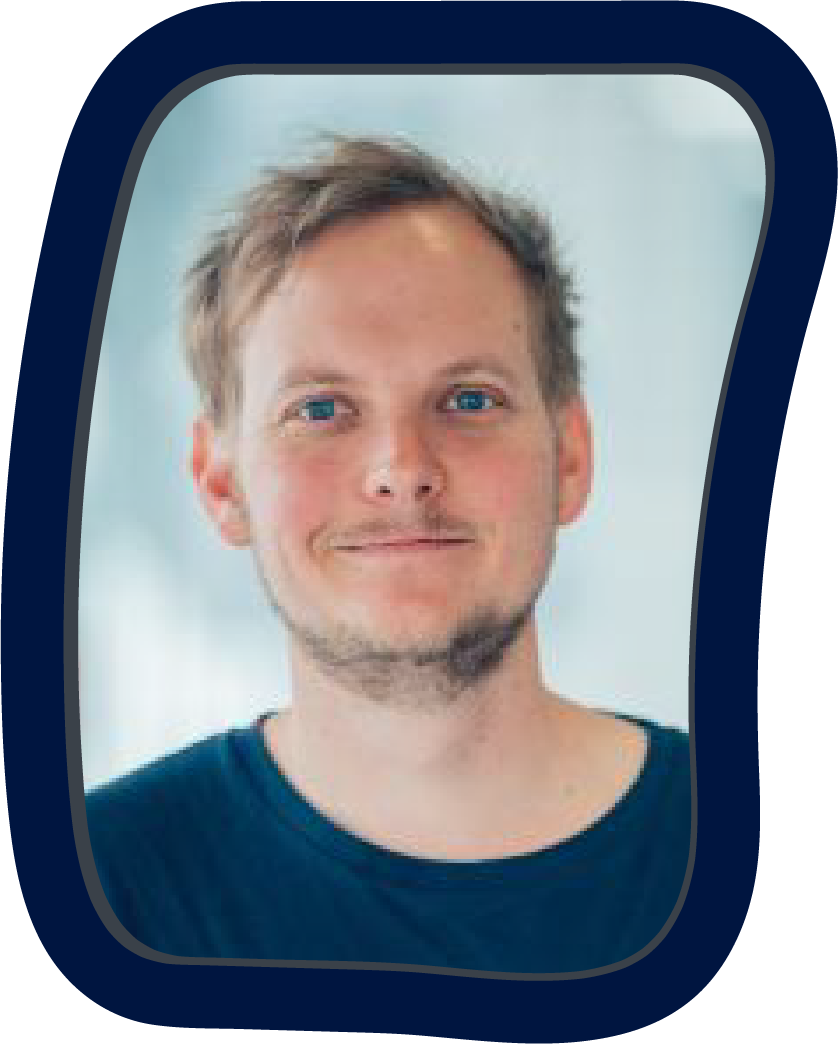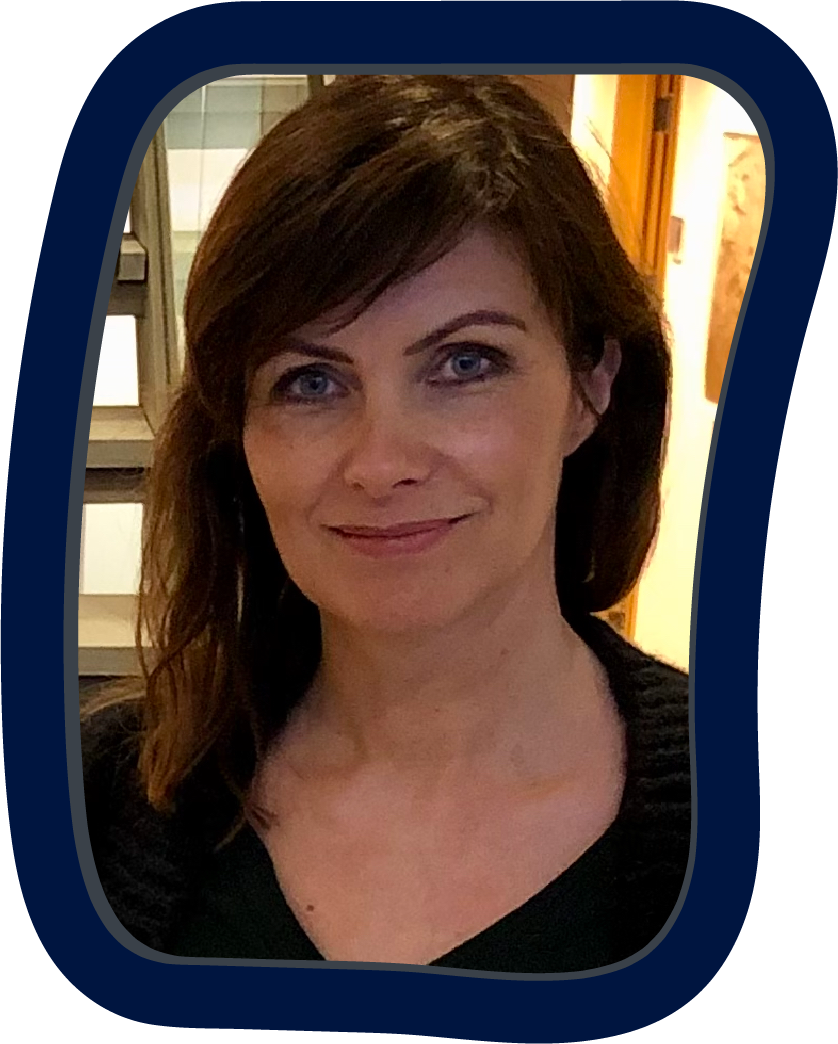
About
TRinE
Get ideas about the use of Telepresence Robots in educational settings and learn about use cases, teaching scenarios and challenges.
Read stories from educators who have had many years of experience with telepresence robots.
Find interesting content for educators, students, teachers, parents, researchers, policy makers and others – in the field of school and university.
And share your own experiences with Telepresence Robots in educational settings.
Learn about different models of Telepresence Robots, technical challenges and solutions.
TRinE – Telepresence Robots in Education
The Erasmus+ project “TRinE – Telepresence Robots in Education” (Project Reference: 2020-1-MT01-KA227-SCH-092408) addresses the use of Telepresence Robots in educational institutions at upper secondary and higher education levels, such as in classrooms and other (e-)learning settings. Telepresence Robots (TR) are mobile remote-controlled devices that represent the remote user via video and audio. In the project we deal with the question of how the educational sector can benefit from this technology, what challenges we face, and what projects and research already exist in this area. On this platform we collect our findings and make them accessible to educational institutions, parents, students, researchers and anyone interested in TR technology.
A better understanding of TR and their application in educational settings can be gained from the very few educational institutions in which TR is already a part of everyday life. Amongst them are two Icelandic institutions, the University of Akureyri, which implemented TR already in 2016, and the upper secondary school Menntaskólinn á Tröllaskaga, where the technology is used in secondary education. The project TRinE combines these institutions’ rare practical expertise with TR in education with the respective expertise of Danube University Krems, Center for Applied Game Studies (game studies, media education), University of Macedonia (elearning methodologies), Karlsruhe Institute of Technology (virtual presence), B&P Emerging Technologies Consultancy Lab (emerging technology) and St. Margaret College Verdala Secondary (school, teaching). The Malta College of Arts, Science and Technology (MCAST) acts as project lead.
This composition of the consortium makes it possible to address the challenges and potentials of TR in education, to develop new innovative didactical methods and approaches and make this knowledge accessible to educators, students, parents and other stakeholders. The overall goal is to prepare these target groups for the broad adaptation of TR-based teleteaching practices in educational settings.
The projects’ results will be disseminated during 4 multiplier events held in Iceland, Germany, Austria as well as Greece. The learning teaching training event will take place at the telepresence innovation hub Iceland with all partners attending including teachers from the participating schools. It is envisioned that the widespread adoption of TRinE will raise awareness of the importance of media literacy and social competences in the context of distance education.
Follow us on social media for all the latest news about the project:
Twitter: @trineplatform
Facebook: @trineplatform
In the following articles you can read more about the TRinE project and the TRinE platform:

The project “TRinE – Telepresence Robots in Education” is funded by the European Union under the Erasmus+ programme.
Project Reference: 2020-1-MT01-KA227-SCH-092408

